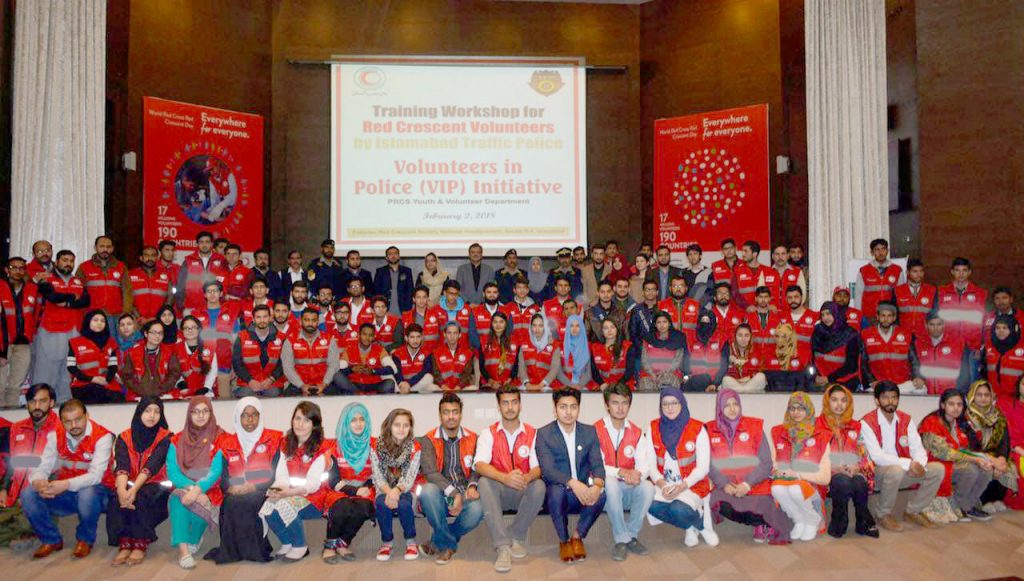The Instantaneously Declining Culture of Book Reading
By Uzair Salman
“Books”, as stated by Charles William Eliot, “are the most quiet and lasting friends, the easiest to reach, the wisest counsellors, and the most patient teachers”. Book reading is one of the traditional ways of gaining knowledge, understanding facts and realities, and opening up one’s mind. Historically and to some extent presently too, it was/is regarded as one of the most effective tools of having access to another person’s mind – primarily to those of the authors. It was said that the only way of outfitting oneself with knowledge and information was by “reading up everything that has been done along that line in the past – that’s what all the books in the library are for”.
But regrettably, that legacy seems to be fading away with every passing minute, and in lieu of reading people’s works to better understand them, we pass judgements on them owing to their appearances and affiliations. I’ll run out of time if I proceed to advert the names of those who have been disregarded and disowned based on the people and organisations they work with/for, and not on their works that, unlike what people expect, are often extremely factual and worth contemplating.
Books – both fiction and nonfiction – have the power of boosting the quality of empathy in their readers, and more importantly, the latter’s ability to see the world from another person’s eyes. What history is replete with, and what we happen upon every now and then, are instances wherein people – particularly religious – have made one another fall prey to the bullets in their guns on account of the misunderstandings they had had that, seemingly, could’ve been avoided had they read each other’s works and tried to view the world through each other’s lenses.
But then, who’s to be held responsible for this ever so declining culture of book reading? Is it science that has invented things that have made us be wholly hypnotised by these gadgets that we carry in our pockets, and thereby divert our attention from reading books? Have the governments been paying less attention – or no whatsoever – toward this issue lately? Or is it because human beings are slowly and gradually evolving into a much wiser and more intelligent specie than they were before, to the extent that they need not to learn anything? Are eBooks also perpetrators of this crime in that they too have been playing their part in replacing books in the hands of the youth with phones and tablets? Whatever the reason(s), or for that matter, the answers to the above-mentioned questions, prompt actions need to be taken to ensure that this crucially significant issue is given due ear.
The most pivotal phase of a student’s life sets about when he enters a university. We’re certainly not going to get ourselves indulged in the debate of what aims and objectives universities are actually made for, and whether or not our universities have succeeded in adhering to them. But, we will, however, try to understand what is it that needs to be done to promote book reading among our youth. Book club – described by the Cambridge Dictionary as “a group of people who meet regularly to talk about a book that they have all read [possibly in the presence of a teacher]” – is something that needs to be established in every department of all universities – whether they be public sector or private – wherein students can gather up at any given day and time. This will not only help promote the culture of book reading, but will also countenance the participants to be able to express themselves, and develop speaking skills.
These book clubs should try and kick upstairs the books written by the local authors of the respective regions where they are established, and should propagate and encourage reading those books that are mostly brushed under the carpet by the public because as per Haruki Murakami’s words; “If you only read the books that everybody else is reading, you can only think what everyone else is thinking”. .
The government needs to equip the national libraries and archives with all the latest books, and their timings need to made friendlier, and their locations more accessible. Most of the books I as a reader normally happen upon in libraries remind me of Josh Jameson when he said: “Sometimes, you gotta choose between turning the page or closing the book”, and more often than not, the latter is what I end up doing. Quality should also be one of the main concerns.
National Book Foundations established in many cities countrywide are more or less assistive in that they sell books at half their actual prices. But given their very few pros, they promptlyneed to be made more hail-fellow-well-met. A cardholder can only buy books worth 6000 rupees in one whole year, and the price deducted from this mere 6000 rupees is the actual price of the book, not the discounted one. This needs to be dealt with before long.
One other issue that the government needs to pay heed to rather immediately is the heavy amount of taxes all readers have to unwillingly pay on import of books, or when buying books of foreign authors here in Pakistan. This, if not dealt with properly and promptly, can be another reason behind the decline of book reading.
Let’s all hope and pray that the culture of book reading stays alive and spirited, and that we don’t relinquish this one great gift we have given ourselves. Lastly, for the love of books, I’ll take your leave by quoting Anna Quindlen: “Books are the plane, the train, and the road. They are the destination and the journey. They are home”.
Uzair Salman is a Research Officer in Emerging Policymakers’ Institute (EPI)
From our Print Edition






